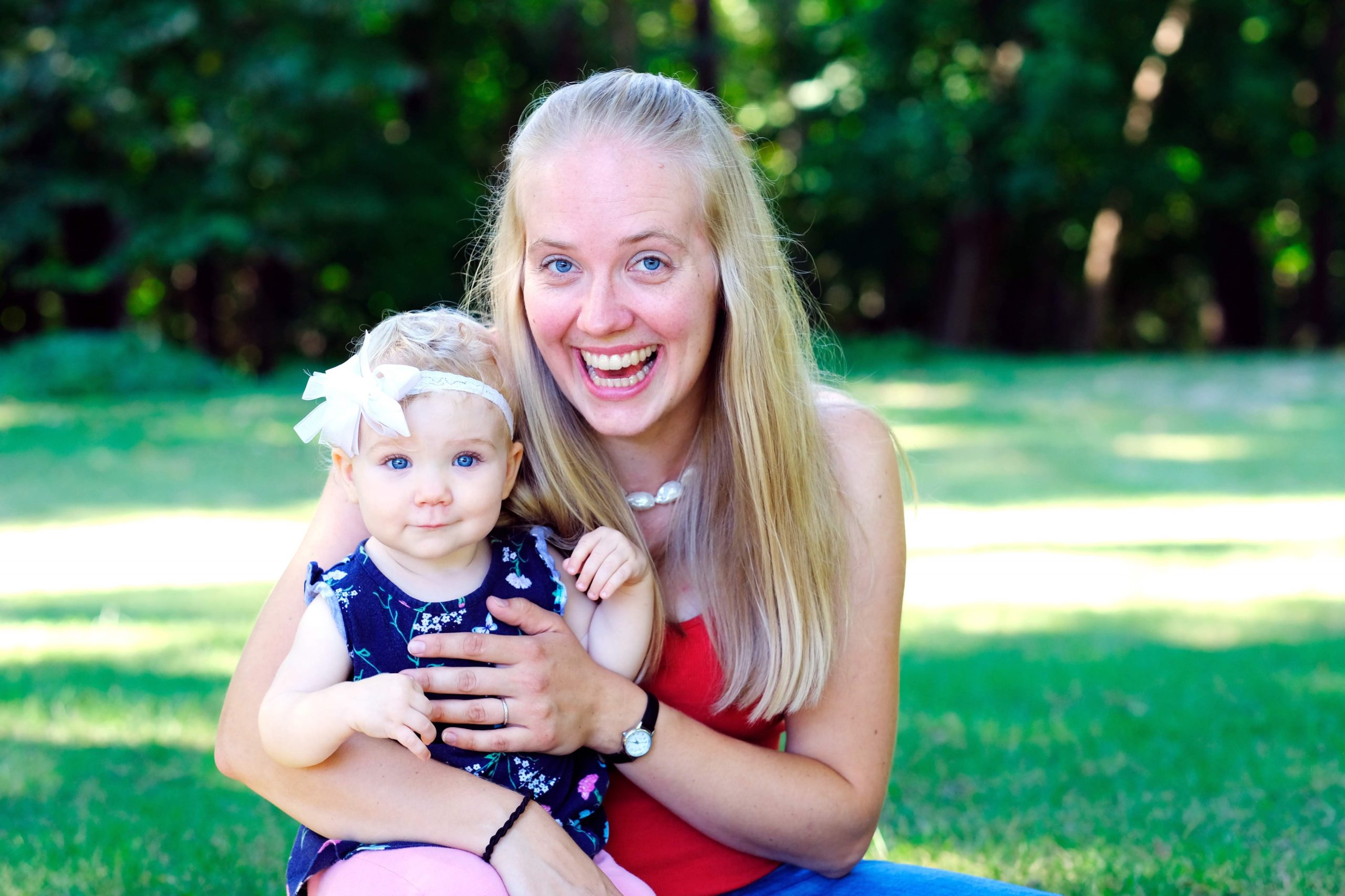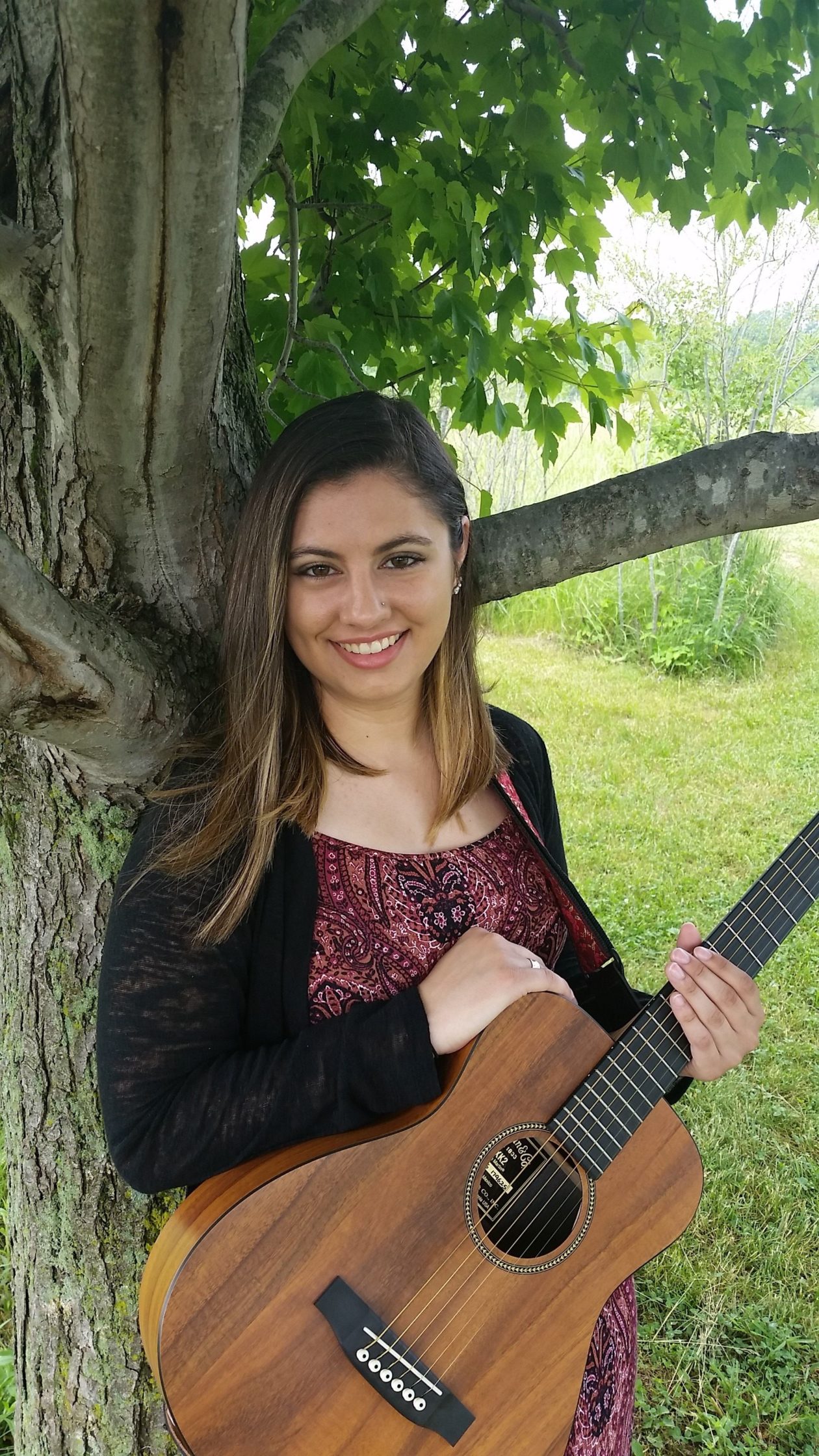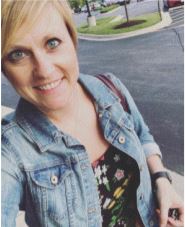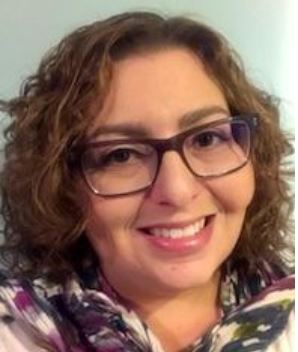 I am grateful for the opportunity to introduce myself to you. My name is Anna Estabrook and I have been a music therapist since 2013. I started my small private practice named Rinnah Music Therapy a few years ago in the Peoria area. I have seen a variety of private individual clients that have ranged in age from young children to adults.
I am grateful for the opportunity to introduce myself to you. My name is Anna Estabrook and I have been a music therapist since 2013. I started my small private practice named Rinnah Music Therapy a few years ago in the Peoria area. I have seen a variety of private individual clients that have ranged in age from young children to adults.
Where do you work and who are your clients?
I currently work part time as a Developmental Therapist in the Early Intervention program in the Peoria area with birth to three year olds who have developmental delays or disabilities. I am hoping to extend my business to include music therapy assisted childbirth when it seems right for my family. In the meantime, I’ve used some comfort measures to assist in relaxation during my own births. When I’m not working as a music therapist, I have the privilege of caring for my three young children who are three years old and younger. They are such a joy! It can be difficult to find the right balance between work and home sometimes, but for me the amount of time I currently spend as a music therapist rejuvenates and makes me more grateful for the time with my kids.
What is your favorite part of your job?
I enjoy the interaction I have with families. A big part of what I do includes parent education, and it’s very rewarding to see families engaging in play together and children reaching their goals as families work toward those goals together.
What inspired you to become a music therapist?
I grew up going to a fine arts magnet school, where I learned to play violin and trumpet. I also took piano lessons later on. My life seemed to revolve around violin and trumpet especially all the way through high school, and both were fairly equal until my senior year of high school. When I began college at Bradley University, I had no idea what I wanted to do with my life. I was advised to do something I knew and liked, rather than being undecided in my major. A year and a half into my music major, I burned out on trumpet playing. Things weren’t working and I was one semester from finishing a Bachelor of Arts. That wasn’t all though. Someone told me about music therapy, and I happened to finally find a music therapist to observe while on a trip, in Portland, Oregon of all places. There were interactions with older adults with dementia that felt fake and contrived, and I got turned off of music therapy. Oh no!
From that negative experience, I swung like a pendulum to young children, thinking that’s who I must be passionate to work with. As I was finishing my degree, student teaching in a wonderful preschool classroom, I began to rethink music therapy. Maybe there was something I missed. I enjoyed making music with these kids and wanted to help them gain new skills that way. I found myself lighting up enthusiastically whenever it came time to lead the class in music or movement. The thought of having one classroom full of children for an entire year and for longer than one year felt stifling and restrictive. I was more interested in working with individuals or small groups. Before I could decide what to do I felt I should observe music therapy again. I found a music therapist locally this time, working in Early Intervention, and instantly resonated with the ways she was using music and instrument play as a sensory learning experience to help this little girl label her surroundings and body parts. She had cortical visual impairment and needed several different types of stimuli for her brain to learn what her eyes were seeing. I saw before my very eyes transformation and learning taking place as a result of music therapy, and was inspired to learn more and become a music therapist myself.
I moved forward with finishing my music degree, and looked into what additional courses would move me forward faster when I started my master’s degree at Illinois State shortly after.
What do you do for self-care?
Ha! I enjoy taking naps, reading, writing, going on walks, and worshiping on piano or guitar with my kids. Self-care for me in this season of life has been alone time to think and journal, exercise, and spend precious time with friends that is becoming harder to carve out.
What’s once piece of advice you have for students or new therapists in the field?
The best thing you can do for yourself is observe, observe, observe music therapists in the field! Write down your observations of verbal and nonverbal communication you notice the music therapist doing. What does s/he do well? What could improve? Become a expert observer and you will gradually improve your own presence as a music therapist.




